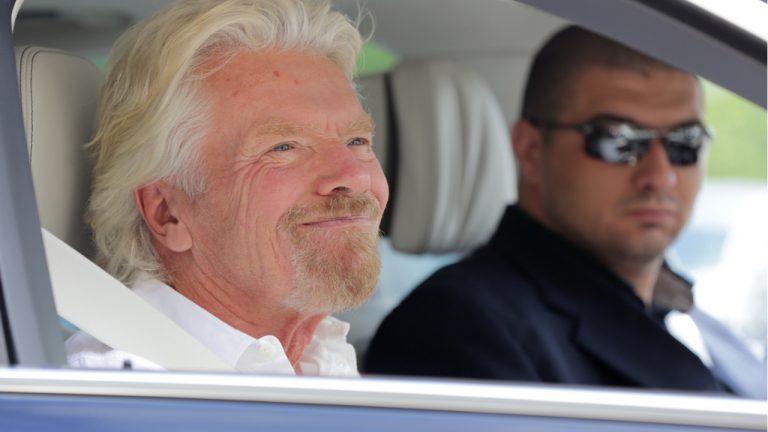
Famed entrepreneur Richard Branson is often featured in fake articles sent out by various investment schemes, many of which are related to cryptocurrency, U.K.’s National Cyber Security Centre (NCSC) revealed in a report. The agency, which has blocked over 285,000 such campaigns in only nine months, says it’s dealing with a global problem.
Shady Sites Lure Investors With Fake Endorsements From Richard Branson
The fake news articles appear as if they come from well-known publications. The scammers spread them through mass email campaigns, text messages, or ads on social media platforms in Britain and abroad. They are linked to websites where potential victims are enticed to invest in fraudulent schemes. British cybersecurity experts say it’s a growing and a global challenge.
NCSC has put an end to 286,322 of these campaigns and blocked 731,080 URLs between April and December 2020, according to its annual Active Cyber Defence report, quoted by the BBC. Although the same strategy can be employed to promote various types of investment opportunities, the main theme these days is cryptocurrency.

The name of world-famous British entrepreneur and investor Sir Richard Branson is often exploited by the scammers targeting Brits in fake articles from the local press. And the current wave of fake endorsements is not the first for the founder of Virgin Group. In May 2018, Branson spoke out against the spread of fake crypto stories and ads issuing a warning to investors in a blog post titled “Beware of Fake Bitcoin Scams.”
“While I have often commented on the potential benefits of genuine bitcoin developments, I absolutely do not endorse these fake bitcoin stories,” the English business magnate stated at the time. Virgin launched its own online scam reporting portal sharing concerns about the rising number of “criminals impersonating Richard Branson.” The company also revealed that followers who post on Branson’s social media feeds had been targeted by fake accounts.
Money-Saving Expert Martin Lewis Feels Nauseous About Scams Using His Name
Another celebrity featured in the fake articles is “cutting costs expert” Martin Lewis, founder of the Moneysavingexpert.com website. Lewis recently insisted that the fight to stop these scams which “destroy millions of people’s finances and mental health” should be stepped up. Lewis also stated:
It’s the worst flattery I’ve ever had. These thieves and con artists leach off the reputation for trust I’ve built up by trying to help and protect consumers, in order to try and steal money off vulnerable people. The concept makes me feel nauseous.
The content of the messages varies depending on the targeted market. While users with British IP addresses may receive a fake article from the Daily Mirror, for example, with endorsements from recognizable U.K. figures, victims in France are sent fake reports purporting to be from well-known French newspapers and featuring French celebrities.
“They are really convincing and it’s no surprise that people fall for them. Criminals use both newspaper brands and celebrities combined to make these articles look really good,” NCSC’s Technical Director Ian Levy commented. According to the official, Lewis and Branson made up “a decent chunk” of the endorsement scams discovered by the agency. Their names „are used because they are famous and because they are related to money. It must be horrible for them,” explained the cybersecurity expert.
What do you think should be done to curb fraudulent schemes promoting crypto scams with fake endorsements from celebrities? Share your thoughts on the subject in the comments section below.
Comments
Post a Comment